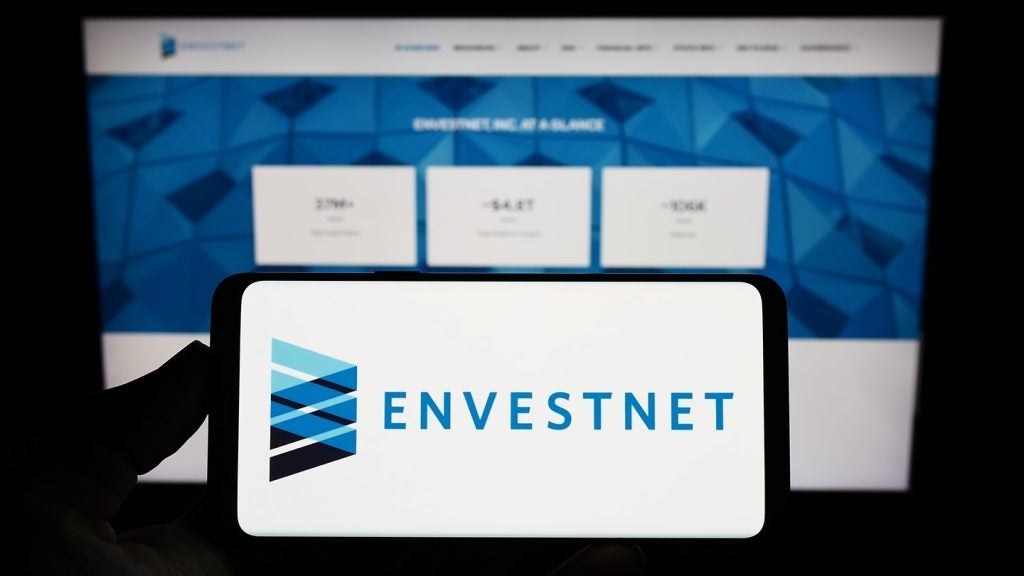J.P. Morgan Asset Management (JPMAM) today released the results of its 28th quarterly survey conducted for the J.P. Morgan Investor Confidence Index (JPMICI) in Hong Kong. The Index is designed to reflect local investor sentiment towards the Hong Kong market over the next 6 months. The latest results show that investor confidence remains at a similar level to earlier in the year with an Index rating of 116 by the end of Q2, compared to 117 in March 2013. This portrays a relatively stable period compared to the recent wave of global events.
This is confirmed by the Global Economic Environment Sub-Index moving up 3 points from 105 to 108, whilst the Increase in Investment Sub-Index only rose slightly from 111 to 112. The Investment Environment & Atmosphere Sub-Index remains stable with a score of 116, and although the Hang Seng and Economic Environment Sub-Indices fell to 123 and 116 (from 129 and 119 of Q1) respectively, they are still strongly in positive territory.
How well do you really know your competitors?
Access the most comprehensive Company Profiles on the market, powered by GlobalData. Save hours of research. Gain competitive edge.

Thank you!
Your download email will arrive shortly
Not ready to buy yet? Download a free sample
We are confident about the unique quality of our Company Profiles. However, we want you to make the most beneficial decision for your business, so we offer a free sample that you can download by submitting the below form
By GlobalDataHenry Tong, Vice President of Intermediary Business at JPMAM, said, "After the fluctuations seen in recent months, it is encouraging to see some stability in market sentiment. The levels are still relatively high in comparison to earlier trends and investor confidence remains cautiously optimistic. This can be seen with the 81% of investors who anticipate that the Hang Seng Index will trade above 20,000 points by the end of the year, whilst fewer than 1 in 10, (7%) feel their investment portfolio will decrease in value over the coming months. There is also a steadying in the property market Sub-Index, with just 36% of investors perceiving that property prices will increase, compared with two-thirds (61%) last quarter."
"Investors are seeing the value of diversification, a good strategy in times of fluctuation and volatility. The longer term perspective is also being emphasized rather than short-term performance, with most investors, (four in five) maintaining their current investment policy. Of the one-fifth who would like to change their investments, most are looking for sustainable and stable income returns."
"It is Asia which again shows the most attraction given its perceived potential in growth. China continues to be seen as the market with the highest potential, with three-quarters (73%) of investors, followed by Hong Kong (46%) and Japan (45%). The on-going European crisis continues to dominate thought, however, with two-thirds (66%) seeing Europe as the highest risk market, thus impacting the investment strategies of 42% of investors. Alongside this, a potential currency war has also influenced 44% of investors’ plans, whilst the end of quantitative easing before the end of the year is a concern for a further one third of investors (37%)."
In terms of which factors investors consider when making their decisions, the past performance trends of products is most influential, cited by 56%, followed by company performance (43%), the overall investment atmosphere (35%), and then word of mouth from trusted sources, (such as friends and colleagues) and important indices, (such as the Hang Seng) both at 29%.
Tai Hui, Chief Market Strategist Asia for J.P. Morgan Funds, commented "China still obviously offers very strong appeal for investors and will continue to do so given the attractive valuation. The new leadership is now settled in and we can start to see the impact of the economic policies being implemented. One key aspect is the authorities more closely managing credit growth as the economy goes through a period of consolidation."
"Meanwhile, the situation in the US continues to be generally positive. The economy is gradually building strength as we noted last time, with many underlying economic factors now facilitating this measured upturn. A strong US economy is positive in many ways, not only for US equities, but also for Asian exporters. A confident US consumer, with increasing household wealth and a heightened sense of job security will be supportive to the cyclicals and emerging markets."
"Given this positivity, the US government will therefore begin to re-focus its economic strategy, which will include the Federal Reserve normalizing its monetary policies in the near future and over the coming years. Investors will need to be aware of the implications of these changes and be prepared for higher long-term interest rates."
"With these market conditions gradually stabilizing, asset diversification becomes increasingly more important. A balanced portfolio will certainly help investors achieve a desired mix of both risk and stable returns."
The J.P. Morgan Investor Confidence Index score is derived from asking survey respondents six questions to clarify the confidence of investors about (Q1) the Hang Seng Index, (Q2) HK economic environment, (Q3) HK investment environment and atmosphere, (Q4) global economic environment, (Q5) the possibility of personal asset appreciation, and (Q6) the possibility of increasing their investment. These 6 questions form the sub-indices of the J.P. Morgan Investor Confidence Index. The Index and all sub-indices have a range between 0 and 200. A number greater than 100 represents a positive outlook and vice versa.








